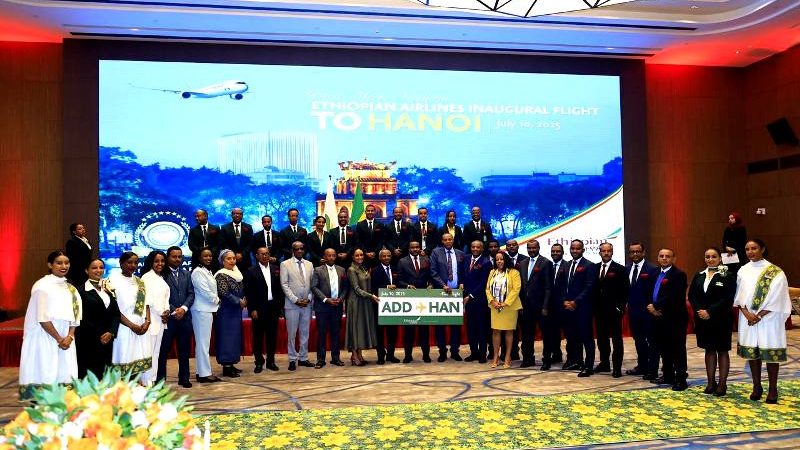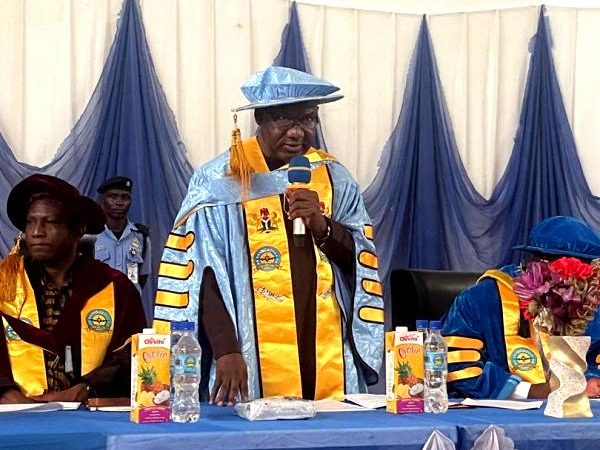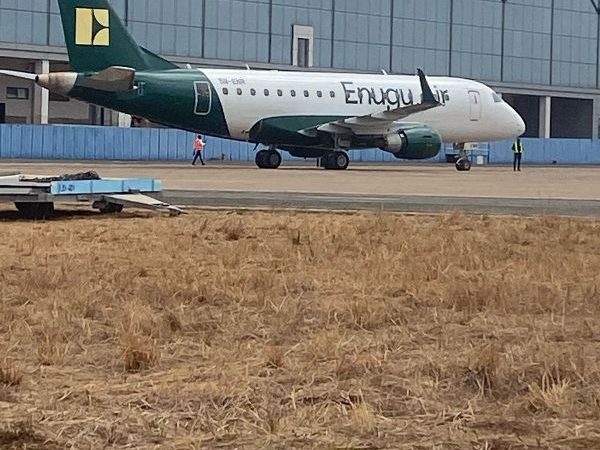What NCAA is Doing About Industry Sustainability

The Director General, Civil Aviation, Nigerian Civil Aviation Authority (NCAA), Capt. Musa Nuhu says “the sustainability of the aviation industry in Nigeria from a regulatory perspective is critical to ensure that the industry continues to operate in a safe, efficient, and environmentally responsible manner” and that “the whole essence of the Nigeria Civil Aviation Regulations (Nig.CARs) is the sustainability of the aviation industry, to create an enabling environment for the efficient and effective operations of all industry service providers.”
In his presentation titled Sustainability Of The Aviation Industry In Nigeria: The Regulator’s Perspective, which he made at the FAAN National Aviation Conference (FNAC) 2023 held at International Conference Centre, Abuja under the theme, “Sustainability Of The Aviation Industry In Nigeria, Nuhu said NCAA’s mission statement is “to provide aviation safety and economic regulation in the most efficient, effective, quality and technology driven manner to the satisfaction and benefit of all stakeholders, consistent with the highest international standards and the sustainable development of the industry and national economy” and that the agency’s core mandate is “to ensure safe, secure and environmentally friendly aviation industry as well as the provision of economic regulation.”
Based on this, Nuhu said NCAA intends to tackle the numerous industry challenges under NCAA’s purview, which impact sustainability and profitability. He identified that challenges as high cost of funds, high debt profile of operators, lack of easy access to foreign exchange and high cost of jetA1 fuel.
He said “sustainability in aviation is a multi-disciplinary field that seeks solutions to improve the environmental and societal impacts of air transportation, reducing aviation’s contribution to climate change through new practices and innovation while increasing the sector’s contribution to the national economy. There are three pillars of sustainability development which can be inferred to aviation namely: Social, Economic and Environmental.
The Authority has broadened its commitment to advancing and strengthening the multi-disciplinary and interdependent pillars of sustainable development of economic growth, social development and environmental stewardship. NCAA adopted a fourth pillar – Information Technology for the Automation and Digitalization of workflow for sustainability.”
According to him, under the social pillar, “the Nigerian Civil Aviation Regulations (Nig.CARs) have been updated to reflect new developments in the industry such as Cybersecurity, RPAS, Environment and amendments to several ICAO Annexes. The National Civil Aviation Policy (NCAP) is currently under review and when completed it is expected to define a Strategic Vision for the industry.”
Under the environmental pillar, to preserve nature and ensure resource efficiency, “NCAA continues to demonstrate environmental leadership amongst its peers in the region in order to ensure that Nigeria delivers on achieving the ambitious goal of a 50% reduction in net carbon emissions by 2060 through collaboration with all industry stakeholders.
NCAA is in the final stage of launching the Fly2green Program as its contribution to Nigeria achieving reduction in net carbon emissions.
Fly2green initiative is the first Sustainable Aviation Eco-Label program in Africa, designed to generate innovative Climate Finance, Climate Advocacy and Climate Resilience Projects to meet the Nationally Determined Contributions (NDC) target.”
Nuhu said the nation’s aviation industry has experienced a remarkable growth over the last seven years despite the COVID-19 Pandemic. “In order to sustain and manage the rapid growth of the industry in an organized manner, the Authority adopted Information Technology (IT) as the fourth pillar of sustainability. Automation & digitalization is the nucleus of IT pillar. This is being implemented through projects of establishment of an in-house ICT Training Center, ICT and Cybersecurity Policy, EMPIC Regulatory Software Project, Electronic Library (E-Library), Electronic Documentation Management Systems (EDMS), Incident and Safety Laboratory, ISO 9001 Quality Management Systems (QMS) Certification and Change Management Project.
Nuhu stated that some NCAA staff would be trained on desertification of in sustainable aviation fuel in the coming months and that the few months and that the Fly2green programme would be developed in the coming weeks.
“Finally, working in partnership with other stakeholders will contribute to achieving future growth with the highest levels of efficiency and sustainability. The long-term sustainability of aviation is ensured, through partnerships focused on addressing aviation challenges and proffering solutions,” Nuhu said.







